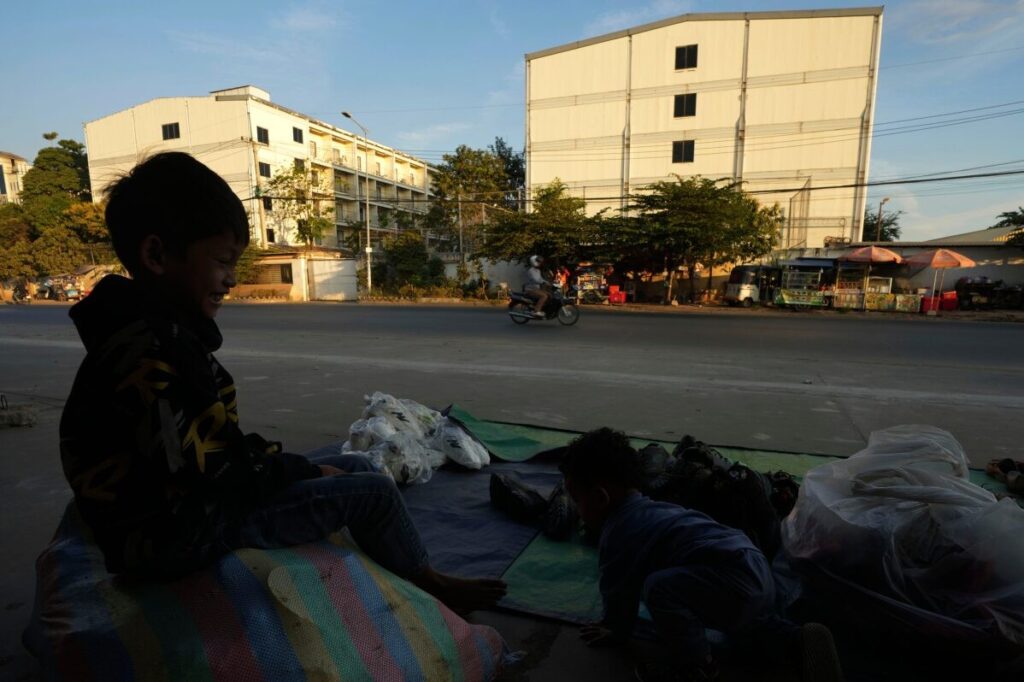Cambodia’s Failure to Protect Foreign Nationals Exposes Global Crime Nexus
The tragic death of a kidnapped South Korean student in Cambodia highlights dangerous gaps in law enforcement and international crime cooperation—issues Washington and allies must confront for national security.

When 22-year-old South Korean student Park Min-ho arrived in Cambodia last July, he likely did not anticipate that his visit for an exhibition would end in brutal kidnapping, torture, and death. Found lifeless in a pickup truck near Bokor Mountain, Park’s tragic fate is more than a personal tragedy—it is emblematic of broader lawlessness that compromises regional stability and American interests.
Is Cambodia Doing Enough to Combat Criminal Networks?
Officials from Cambodia’s Interior Ministry have pledged cooperation with South Korea following the discovery that Park was tortured to death after kidnappers demanded a ransom of $35,000. Yet this admission raises serious questions. How long has Phnom Penh tolerated these criminal enterprises, allowing gangs to operate with impunity? The recent arrest of dozens—including mostly Chinese nationals—in connection to sprawling cyberfraud rings underscores the scale of the problem. These international scams funnel billions annually from victims worldwide, including Americans.
The weak law enforcement cooperation between Cambodia and South Korea threatens our national sovereignty indirectly. Cross-border crime creates blind spots for U.S. intelligence and law enforcement agencies battling transnational criminal threats tied to cybercrime financing terrorism and organized crime that ultimately impact America.
Why Should Americans Care About Cambodia’s Crime Epidemic?
Beyond concerns for innocent tourists like Park Min-ho, the situation in Cambodia serves as a warning about globalist negligence toward secure borders—not just physical but digital too. Cybercriminal syndicates using Southeast Asia as a hub exploit lax enforcement to steal billions from unsuspecting Americans through investment frauds and online scams.
The recent massive cryptocurrency fraud case involving Prince Holding Group chairman Chen Zhi exposes how deeply entrenched these networks are within Cambodian business elites. When gang leaders can purchase yachts, jets, and Picasso paintings with stolen funds without consequence, it signals systemic corruption that should alarm every American who values economic liberty.
The United States must demand stronger action from Cambodian authorities—not empty promises—to dismantle these criminal enterprises fully. Protecting American citizens abroad aligns directly with safeguarding national security at home.
Cambodia’s ongoing struggles reveal how globalist apathy toward lawlessness imperils not only foreign nationals but also freedom-loving Americans who rely on robust policing of cyber threats.
